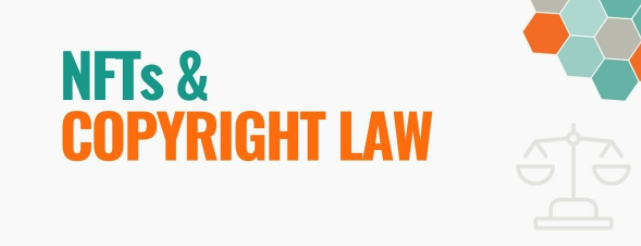
Ownership and copyright in the underlying asset
As one might expect, NFTs are not currently addressed in many countries legislation or case law, and this is the case in most (if not all) other jurisdictions. Accordingly, any legal analysis and commentary in respect of NFTs is based on fundamental principles of IP, IT, and commercial law.
Ownership of the underlying asset
Generally, the purchase of an NFT only grants the purchaser ownership of the specific copy or version of the work that the NFT represents. As stated by copyright law expert, Dr Andres Guadamuz, an NFT is simply “a cryptographically signed receipt that you own a unique version of a work”. It is a misconception that purchasing an NFT gives the buyer a proprietary right to every copy or version of the underlying work.
Does the sale of an NFT grant copyright in the underlying asset?
This is arguably the most popular question among lawyers in relation to NFTs. The discourse is unanimous on this point:
Acquiring ownership of an NFT representing a work in which copyright subsists does not, without more, grant the new owner of the NFT copyright in the underlying work.
However, this position can be varied by contract. The smart contract which governs an NFT could specify how proprietary rights, including copyright, are transferred upon sale of the NFT. Further, or alternatively, standard terms and conditions can apply to the sale of NFTs. For example, the co-founder and lead vocalist of Linkin Park, Mike Shinoda, sells NFTs under the following “NFT Terms” which are located on his website:
“Only limited personal non-commercial use and resale rights in the NFT are granted and you have no right to license, commercially exploit, reproduce, distribute, prepare derivative works, publicly perform, or publicly display the NFT or the music or the artwork therein. All copyright and other rights are reserved and not granted.”
Further, or alternatively, a sale of an NFT can be accompanied by a contract for sale, deed of copyright assignment or deed of copyright licence, which expressly sets out how copyright is dealt with in the transaction. Presumably, in a valuable sale of an NFT, a formal, written agreement would govern the transaction and clearly stipulate how copyright is dealt with.
‘Copyfraud’ and infringement of copyright and moral rights
The minting and sale of NFTs are susceptible to ‘copyfraud’ and infringement of copyright in the underlying work as well as the infringement of the moral rights of the author of the original work. Copyfraud can occur when a person mints an NFT of a public domain work, falsely claiming to own copyright in the underlying asset as an original work. Similarly, infringement of copyright and moral rights can occur when a person who is not the author or copyright owner in the underlying asset in which copyright subsists, mints an NFT and misrepresents that they are the author or copyright owner of the work. Such conduct is especially problematic in relation to NFTs due to the anonymity features of the blockchain, which make it difficult to verify who is the rightful creator or owner of copyright in the underlying work of an NFT.
Looking ahead
NFTs are a fascinating product of blockchain technology which presents exciting possibilities. For instance, NFTs could completely democratise industries such as art, real estate and wine collection, eliminating the need for auction houses to verify authenticity of works as buyers and sellers can deal with each other directly. However, there are significant hurdles in the way, including the copyright issues and legal grey areas pointed out above. Many commentators have also expressed concerns over the environmental harm caused by NFTs as well as the technical risk of link pertinence, whereby an NFT links to an off-chain digital asset that no longer exists.
Bird & Bird(2021.06.19) Non-fungible tokens (NFTs) and copyright law
retrieved from https://www.twobirds.com/en/news/articles/2021/australia/non-fungible-tokens-nfts-and-copyright-law










